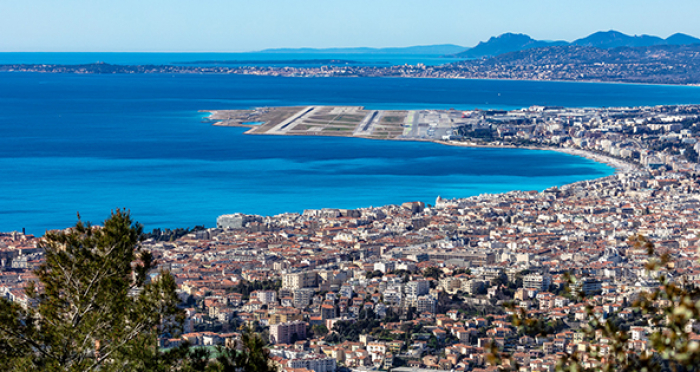Fulfilling our responsibilities
For Aéroports de la Côte d’Azur, environmental responsibility in the air transport sector is no new issue. Indeed, it has been part of its daily concerns for many years. Because the Côte d’Azur group of airports is fully integrated into a dense urban environment and is one of the gateways to a region that has achieved international acclaim for the beauty of its countryside and villages, as well as for its lifestyle, we were quick to protect the attractions, businesses and quality of life of our region.
Aéroports de la Côte d'Azur has made sustainability a top priority by integrating the principles of ISO 14001 (environmental management) and ISO 50001 (energy performance) standards into the core activities of Nice Côte d'Azur and Cannes Mandelieu airports. These certifications are far from being a mere formality; they are recognition of our commitment to managing the design, operations and maintenance of our facilities and services, including ground handling at Cannes Mandelieu.
More broadly, the Aéroports de la Côte d'Azur group's environmental approach covers all its airports and is based on four keys strategies:
- Tackling climate change by reducing GHG emissions in absolute terms and adapting to climate change to ensure the long-term viability of our business activities
- Preventing pollution from the actual and potential impacts of our business activities
- Using natural resources sustainably by reducing usage and implementing energy-saving practices
- Preserving biodiversity by protecting the natural habitats on our sites.




